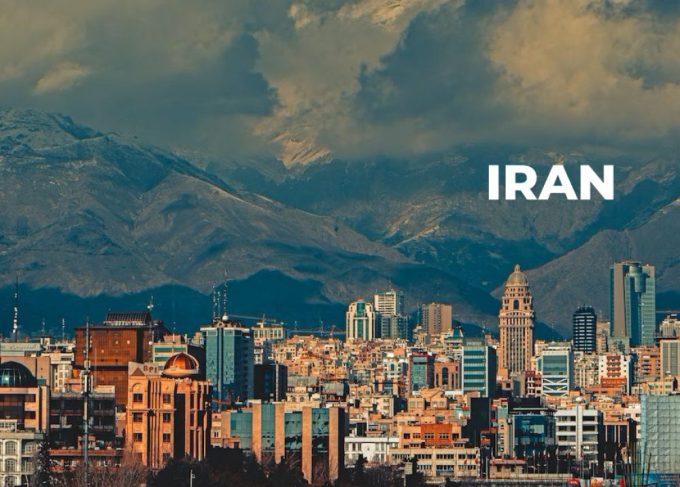Iran: Lawyer Mohammadreza Faghihi sentenced to 5 years in prison by the Iranian courts
23 October 2024
Mohammadreza Faghihi is an Iranian human rights lawyer. He was sentenced to five years in prison for taking part in a lawful and peaceful demonstration on 12 October 2022.
The demonstration was organised in support of lawyers’ rights and in reaction to the arbitrary arrests that followed the death of Mahsa Amini. The demonstration took place in front of the Iranian Bar Association, which had decided to close its doors to the demonstrators that day.
Mr Faghihi was sentenced to 5 years’ imprisonment, banned from practising as a lawyer for 2 years and banned from travelling.
For several years, the Iranian Bar Association has failed to protect colleagues who are victims of repression. This is the sad case of Maryam Arvin, Narges Khorramifard and Mohabbat Mozaffari, as well as the many lawyers who have defended the ‘Women, Life, Freedom’ movement.
Several lawyers have been sentenced to long prison terms, forced into exile, suspended from their jobs or threatened for their commitment to human rights.
The Frontline Lawyers Association condemned the sentence handed down to Mr Faghihi in a statement signed by its members.
The Observatory strongly condemns this violation of the fundamental and professional rights of lawyers.
The Observatory urges the Iranian authorities to stop harassing Mr Faghihi and other Iranian lawyers who courageously exercise their profession.
The Observatory calls on the Iranian regime to comply with the recommendations addressed to it in the context of its Universal Periodic Review.
The Observatory recalls that according to the United Nations basic principles on the role of the Bar, in particular principles 16, 18 and 23:
“Governments shall ensure that lawyers (a) are able to perform all of their professional functions without intimidation, hindrance, harassment or improper interference; (b) are able to travel and to consult with their clients freely both within their own country and abroad; and (c) shall not suffer, or be threatened with, prosecution or administrative, economic or other sanctions for any action taken in accordance with recognized professional duties, standards and ethics.” (Principle 16)
“Lawyers shall not be identified with their clients or their clients’ causes as a result of discharging their functions.” (Principle 18)
“Lawyers like other citizens are entitled to freedom of expression, belief, association and assembly. In particular, they shall have the right to take part in public discussion of matters concerning the law, the administration of justice and the promotion and protection of human rights and to join or form local, national or international organizations and attend their meetings, without suffering professional restrictions by reason of their lawful action or their membership in a lawful organization. In exercising these rights, lawyers shall always conduct themselves in accordance with the law and the recognized standards and ethics of the legal profession.” (Principle 23)

